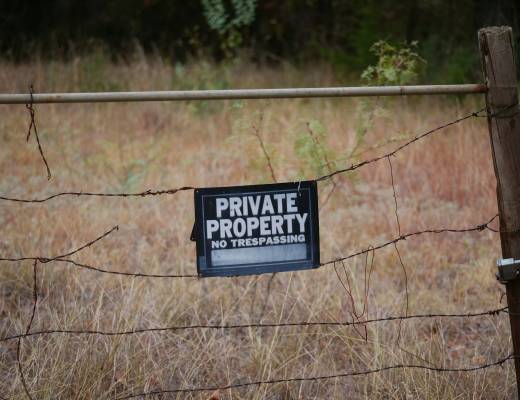 Are you worried about your accounting or keep forgetting those good ideas that come up from time to time? You’re probably one of the countless entrepreneurs lacking a solid routine for information storage and project processing. By applying a simple process-based approach to managing your projects on all levels, your productivity level is likely to skyrocket.
Are you worried about your accounting or keep forgetting those good ideas that come up from time to time? You’re probably one of the countless entrepreneurs lacking a solid routine for information storage and project processing. By applying a simple process-based approach to managing your projects on all levels, your productivity level is likely to skyrocket.
Step #1 – Store your ideas / “things to do”
Good and bad ideas up in an entrepreneurial mind all the time. So do worries about things that have to be done or projects that aren’t moving forward as well as planned. The amount of data we process in our brains on a daily basis is too large for “instant actions”. Instead, we need to continuously store our ideas and things we need to do for future reference and implementation in a step-by-step action plan. 1 Create an “Ideas / Things to do” spreadsheet 2 Create categories to separate ideas related to different aspects of your business (i.e. finance, business development, marketing, product development, etc.) 3 Create sub-categories (i.e. SEO, Adwords in the marketing category) 4 Start writing down ideas and list things you need to do (i.e. “Create MailChimp Newsletter”)Step #2 – Weekly selection
Every Sunday evening, I review my “ideas / things to do” file and pick a few that I consider to be important. Personally, I tend to avoid working with long-term deadlines and set the deadline for next Friday (5 days later). This way, I can keep a laser focus on a few important projects at a time instead of working with too many, which can be very frustrating. 1 Select a number of ideas from your “Ideas / Things to do” spreadsheet 2 Create a new Project Plan Folder (one for each category) 3 Create a new spreadsheet (one for each project related to the category)Step #3 – Turn your projects into an actionable task list
Let’s assume that you want to set up a MailChimp Newsletter. The problem is that you can’t just “set up” a MailChimp Newsletter. It’s a process that requires implementation on the website, customization of the newsletter sign-up forms and writing confirmation email templates among other tasks. A rule I keep is that I never work with undefined “projects” and always break down even the smallest objective into a number of tasks that I need to execute in order to accomplish a milestone. 1 Identify key issues (i.e. “How do I set up MailChimp on my WordPress site?” 2 Identify milestones (i.e. “MailChimp form integrated on my WordPress site”) 3 Identify all tasks required to solve a key issue and reach a milestone 4 Set task deadlinesTools
Google Drive
Since I’m working on line, I prefer to store and process information on line rather than using pen and paper. Google Drive is a :freemium” cloud storage service that also has a built-in “office package” complete with spreadsheets, folders and documents. Google Drive can be reached from anywhere, which is a huge benefit since I can write down my ideas as they come, instead of waiting until I’m back in my office. My Google Drive task management structure: 1 Ideas / To Do Spreadsheet (in Google Drive root folder) 2 Category Folder (i.e. Business Development) 3 Project Plan Spreadsheet (i.e. Online Marketing) 4 Project Plan Plan Spreadsheet Subcategory (i.e. MailChimp) 5 Task ListEvernote
Opening a spreadsheet hidden multiple layers of folders in Google Drive is not always convenient when storing ideas “on the go”. Evernote is a free app that’s perfect for taking notes anywhere with one tap on the screen. Personally I only use Evernote as a tool for temporary storage and keep a strict routine to move all the data into the Google Drive Spreadsheets during my weekly review. I know that I’m less stressed when all work/life related stuff can be found at the same place.Other suggestions
- Highlight a task with a color and write down the date. You’ll be more motivated when you can see exactly what has been accomplished during the week.
- Your processing system doesn’t have to be limited to business-related projects. In fact, you’ll get better results if you include projects and things to do that are related to your private life as well. The more you can unload your mind, the less stressed you’ll be and the better you’ll become at focusing on what really matters.
- The system won’t work if you don’t respect it and start to skip deadlines and stop turning your ideas into actionable tasks. The system cannot manage itself and it shall be the core of your work/life routine.
Fredrik Groenkvist is the Co-Founder of ChinaImportal.com, a Shanghai based information services company who provides startups and small businesses with an online system for managing production in Asia.
Image Credit: Shutterstock.com




